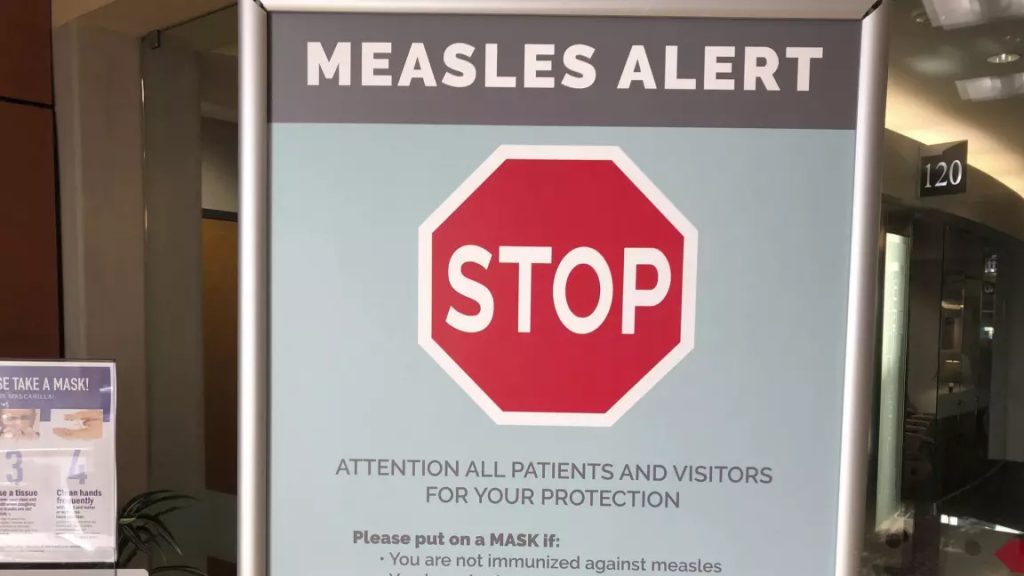Rising syphilis cases rising in Prairies; Winnipeg considered a hot spot
Posted May 18, 2022 12:43 pm.
It’s being called a resurgence. Syphilis cases are rising across Canada, and are increasingly prevalent in the Prairie provinces.
According to federal reports from March, the national rate of infectious syphilis increased from 5.1 per 100,000 population in 2011 to 24.7 per 100,000 population in 2020 – a 384 per cent increase.
Winnipeg in particular is considered a hot spot.
“The last time we could say we had something that resembled baseline rates of syphilis was 2014-15, since then we’ve seen a 13-fold increase in Manitoba,” said Dr. Philippe Lagacé-Wiens, a medical microbiologist at St. Boniface Hospital.
The Prairies reported a more than 400 per cent increase from 2016 to 2020. Although rates in males are still higher, rates among females increased by 773 per cent over that five-year period compared with 73 per cent among males.
“There has been a dramatic shift in the epidemiology in that a lot more women are getting this,” said Lagacé-Wiens. “As a matter of fact, we’ve seen a 40-fold increase in the number of women getting diagnosed with syphilis in the last few years in Manitoba.”
Pregnant mothers can pass on syphilis to their newborn, known as congenital syphilis. Prior to 2018, there hadn’t been a case of congenital syphilis in Winnipeg since 1977. But since 2018, there have been 60 cases.
“It can affect any part of your body, brain, heart, skin, internal organs,” said Lagacé-Wiens. “When it affects babies in the uterus, it can have devastating life-long impacts including neurological development, bone formation, tooth formation.”
Syphilis progresses in stages for both infants and adults, and can be treated if caught soon enough.
“A single treatment with penicillin can cure early infection,” added the Manitoba doctor. “In later stages, three treatments will. In the late stages it requires IV therapy and at some point the changes aren’t reversible. So it’s important to catch as soon as possible.”
According to the province of Manitoba, case counts of infectious syphilis for 2019 were 1,879 – the highest number in more than 50 years. Syphilis is spread through oral, anal, and genital sex.
Lagacé-Weins says it’s paramount society normalizes sexual health screenings to encourage prevention.








